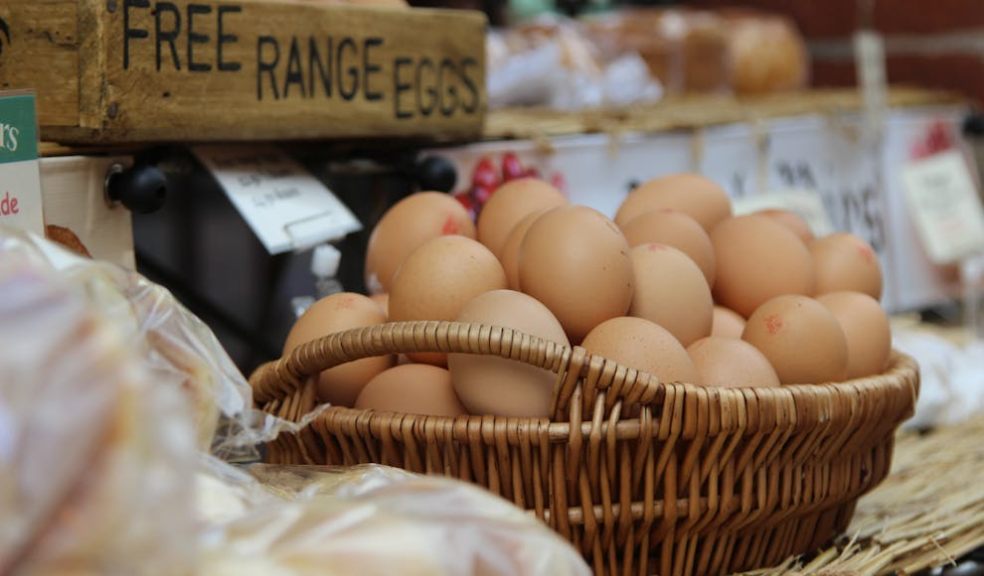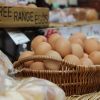
Everything You Need To Know About Setting Up A Farm Shop Business
Setting up a farm shop business can be an incredibly rewarding venture, especially in today’s world, where consumers increasingly seek locally sourced and sustainable products. A farm shop not only allows you to showcase your agricultural produce but also creates a hub for community interaction. Here’s a comprehensive guide to help you navigate the essentials of starting your own farm shop.
Research and Planning
The first step in establishing a farm shop is thorough research and planning. Understand your target market—who are your potential customers? Are they locals seeking fresh produce, or tourists looking for unique food experiences? Once you identify your audience, conduct market research to determine demand for various products. Look into the competition in your area; visit existing farm shops to learn about their offerings and strategies.
Creating a business plan is crucial. This document should outline your business model, financial projections, marketing strategies, and operational plans. A well-thought-out business plan will not only guide your decisions but is also essential for securing funding.
Legal Requirements
Before launching your farm shop, it’s vital to understand and comply with local regulations and legal requirements. Register your business and pick a suitable legal structure, like a sole proprietorship, partnership, or limited company. You will also need to apply for necessary licenses and permits, which can vary depending on your location and the products you want to sell.
Food safety regulations are paramount; ensure you meet hygiene standards set by local authorities. Consider completing food safety training courses to better understand these regulations and demonstrate your commitment to quality.
Choosing the Right Location
The location of your farm shop is one of the most significant factors influencing its success. Look for a site that is easily accessible, ideally near main roads or tourist attractions. A picturesque setting can enhance the shopping experience, so consider places with scenic views of your farm.
Evaluate the space available—will you have room for a storefront, parking, and possibly a café or seating area? Outdoor space for seasonal events or farmer’s markets can also attract more customers.
Stocking Your Farm Shop
Deciding what to sell is a pivotal step in your farm shop journey. While fresh produce is the obvious choice, consider diversifying your offerings with locally sourced products, artisan goods, and homemade items like jams, pickles, or baked goods. Collaborating with local farmers and producers can enhance your stock and strengthen community ties. Depending on how big you want your farm shop to be, you might even include a butcher section with fresh meat produce from your farm and other farms in the area. As well as joints of meat, you could make your very own burgers and sausages on site. To make your own sausages, you will need to invest in high-quality sausage making machines.
Implement a seasonal menu to keep your offerings fresh and exciting. Promote organic and sustainable products to appeal to environmentally conscious consumers, which can also justify premium pricing.
Marketing and Promotion
Effective marketing is essential for attracting customers to your farm shop. Create a strong brand identity that reflects your values and connects with your audience. Utilise social media platforms to promote your shop and engage with customers. Regular updates on new products, special events, and promotions can drive traffic to your shop.
Consider hosting events such as farm tours, workshops, or seasonal festivals to create a sense of community and draw in visitors. Collaborate with local businesses for cross-promotional opportunities, which can also help expand your reach.
Managing Finances
Finally, managing finances is critical for the sustainability of your farm shop. Keep track of your expenses and revenue, and regularly review your financial performance against your projections. Consider using accounting software or hiring a professional accountant to streamline this process.
Setting up a farm shop can be an enriching experience that connects you with your community while promoting sustainable practices. With careful planning, a clear vision, and a commitment to quality, your farm shop can thrive and become a cherished local destination.














